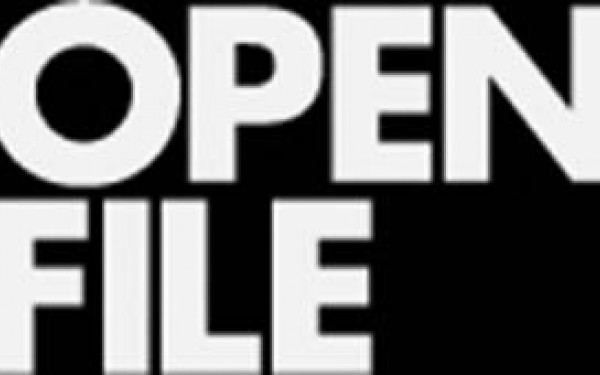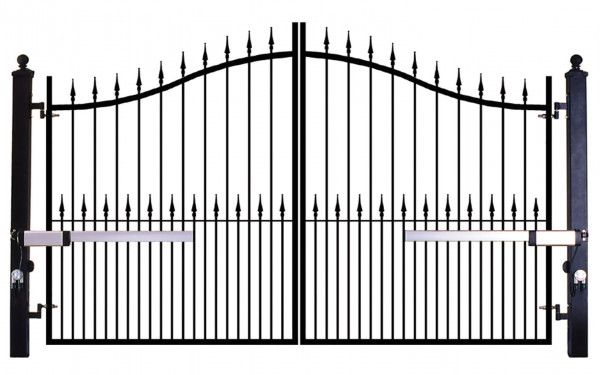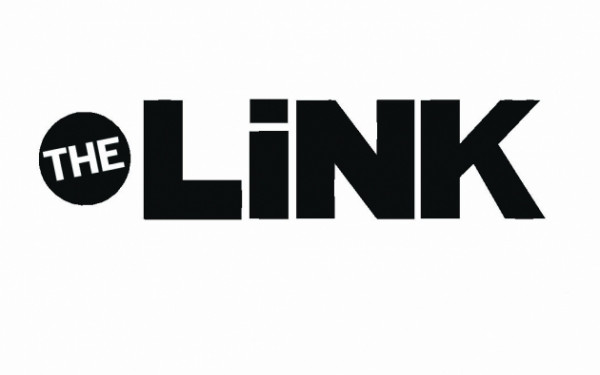The Great Leveller
The Internet and New Media Democracy
It’s been hailed by many as the great leveller, in that a blogger with no budget has the potential to get as many viewers as the biggest broadcaster. But does the Internet really make news more democratic?
There’s an enormous potential online for news equality, but the ideal can’t outrun reality. While today’s news coverage is increasingly able to make quick, global connections, media ownership is falling into fewer and fewer hands at the same time.
“We need to be careful not to fall into this trap of technological determinance, where having the technology in and of itself will somehow assure us a breakaway from monopoly,” said Julian Awwad, an assistant professor in Concordia’s Communications Department.
There’s no ‘mass audience’ out there, if there ever was one, and when consumers can easily become producers, a whole new model of communication needs to be considered.
“We need to understand that power now operates, especially in news media discourse, in the network-style discourse,” said Awwad. “It’s not top-down, and this implicates—in this very Foucauldian sense—the ways that we self-discipline and self-regulate ourselves, not just as people but also as professionals.”
Considering how easy it is to make public comment in public space these days, it’s a little outdated to exclude the traditional news ‘consumer’ from the discussion about what’s newsworthy. What’s probably most democratizing about the Internet today is its potential for collaboration.
Dominique Jarry-Shore is the Montreal editor for OpenFile, a web-based news source that takes these levelling principles to create a different kind of community journalism.
“I think OpenFile is really democratic because our story ideas come from the community,” she said. “The whole idea is to not have some editor in a newsroom somewhere deciding what’s news.”
Using an approach to reporting without the traditional divide between consumer and producer, OpenFile is taking full advantage of new technology to connect people and their news on a continuous, collaborative platform. It’s a refreshing alternative to larger media groups tasked with the gradual process of fitting new media into their structure.
It’s a very 21st century tale. OpenFile built a transparent space for stories to grow, far from the closed doors of newsrooms in the golden age of print.
“We have to understand the way that ownership over media through corporations has changed as well,” said Awwad. “The era of convergence doesn’t only mean convergence of media, but also business convergence.
“The architecture of the Internet is being refashioned in a way to also serve corporate interest.”
As a local news creator, OpenFile plays a different role than the international newswire. Above all else, they’re creating a forum for those looking to consume their news more actively.
“We really want to get a discussion going about the story,” said Jarry-Shore. “We know we can’t compete with the mainstream media since we’re tiny compared to them, we’re just a few people.
“But what we hope to compete with them on is getting that conversation started, having more democratization in the media.”

_900_599_90.jpg)




Webedit_600_375_90_s_c1.jpg)
